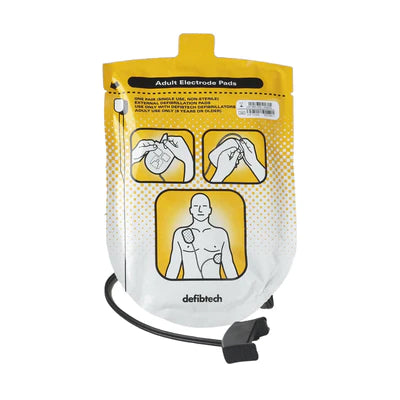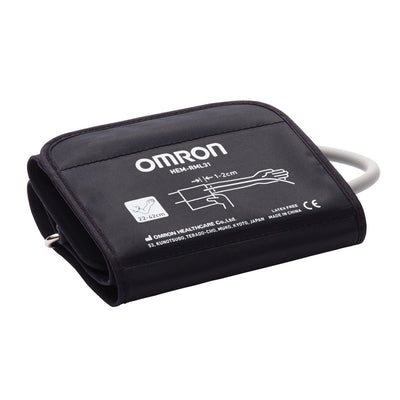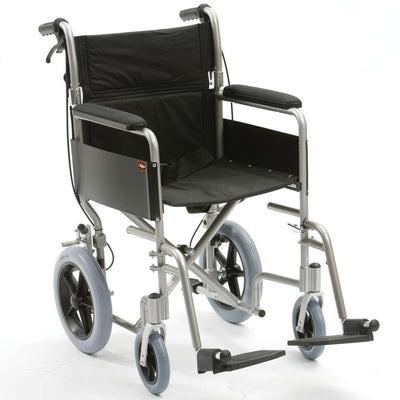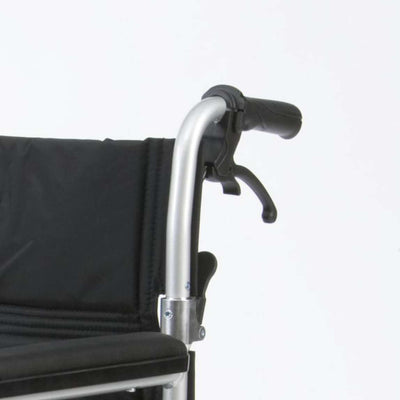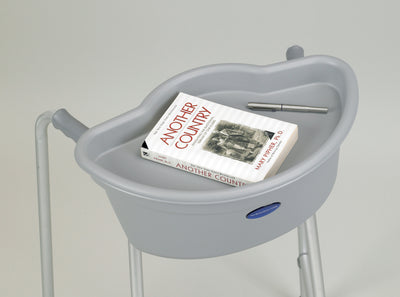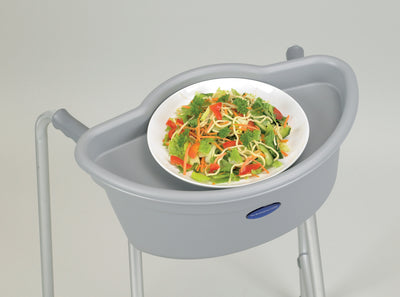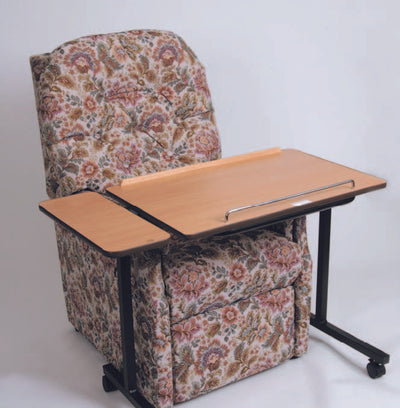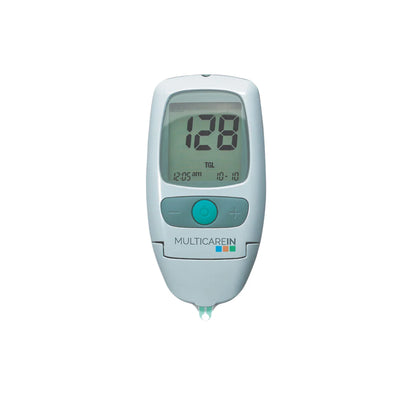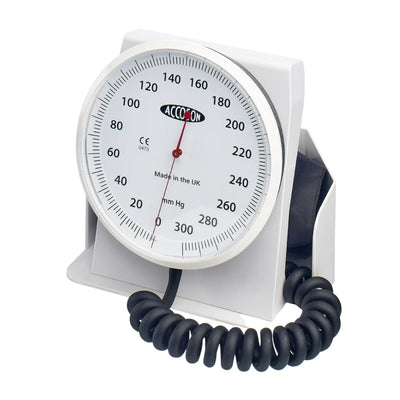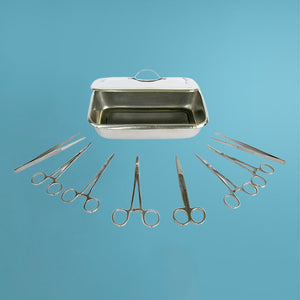Hearing the diagnosis that you have a chronic illness is likely to cause a plethora of emotions and responses. Whether you’re faced with life-long heart disease, diabetes, arthritis, an auto-immune disease or any other chronic condition, you’ll be living with the health implications and treatment for the rest of your life.
So, while you can’t work towards a ‘cure’ you can take the management of your condition into hand. Making the decision to take charge of your own health, and not simply respond to the daily ups and downs of your condition, will help you to feel like you have some level of control over your health and your life.
So here are our 5 top tips on how to manage a chronic condition before it begins to manage you.
Understand the diagnosis
When you’re ready to do so, book an appointment with your specialist and have a full, in-depth conversation about your condition, how it will affect daily life and what you should expect. Do thorough research and ask your specialist about trusted sources of information about your condition. Forewarned is forearmed in the case of dealing with long term health conditions.
Make a plan to invest in yourself
You will almost certainly need to change some aspects of your lifestyle to improve your prospects and your day to day wellbeing. So whether that is quitting smoking, eating more nutritiously, exercising or cutting out stress you should sit down and make a practical plan to change those elements in your life. This is time to consider yourself and your health as a top priority in your life.
Look for the signs
Become more acutely aware of your body and how it works. Get into the habit of measuring and monitoring - if you’re a hypertension sufferer then you should monitor your blood pressure with a home blood pressure monitor, if you’re diabetic you’ll need to keep your insulin levels stable by using a blood glucose monitor or perhaps you simply need to keep an eye on your weight from week to week with an accurate set of home bathroom scales. Start taking note of how you feel on a daily basis, and you might begin to see a pattern of up days and down days. Over time, you’ll begin to spot some of the bad day triggers and be able to manage and avoid those.
Manage your Medication
Most chronic conditions will come with a lifetime of medication, often several tablets per day. So, before the list of tablets and times start to take over invest in a practical system for your day to day schedule like a pill organiser or a digital pill reminder kit. Mark your calendar at the start of the year with dates you should be aware of for renewing medication prescriptions, as well as rough times for when to expect your next medical appointments and check ups.
Seek help
Managing a life-long condition will, at times, feel overwhelming. You will also have to expect periods of illness when you are less able to keep on top of everything. So, it’s essential that you reach out and ask for help early on in your diagnosis. Tell family and friends about your symptoms and treatment, and let them know what you might need help with. Seek out support groups, often these will be your most useful sources of information and support. Chatting to others in the same position can help you to understand your own symptoms better as well as help you to know that you’re not alone. Your GP should be able to put you in touch with local support groups, Facebook groups or charities dealing with your particular condition. Use them - you might even help someone else.
Need more help with your home health supplies? We're always here to help so get in touch today.
For all your Medical and Homecare supplies give us a call at Mediworld.
We have over 40 years experience in medical, surgical, mobility and home health supplies and we're always on hand to chat if you need support or advice. Follow us on Twitter and Facebook and don't forget to read our other great health blogs!


